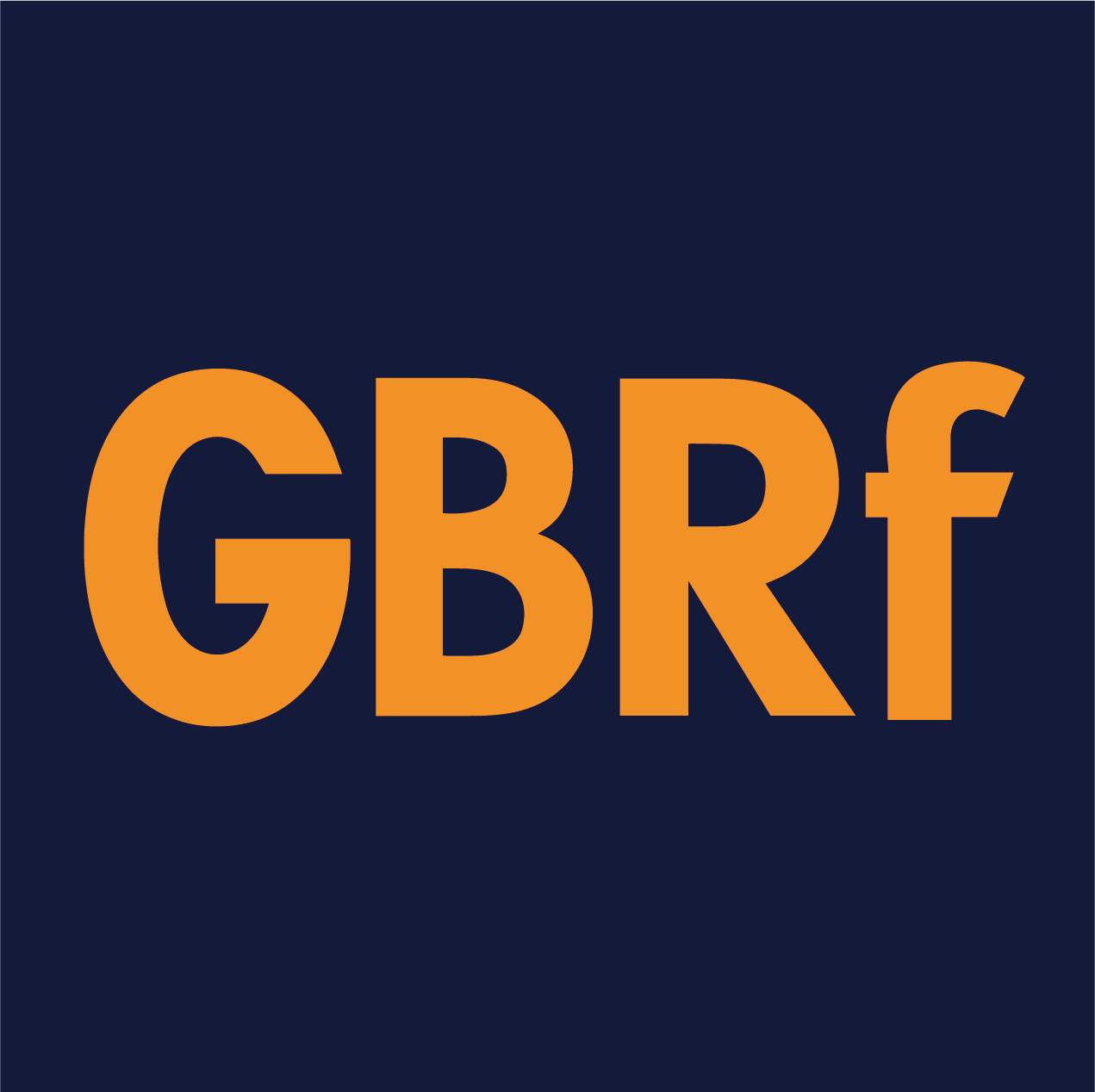GB Railfreight objects to additional network charges
News - December 1, 2017
GB Railfreight objects to additional network charges
GB Railfreight (GBRf) has responded to the Office of Rail and Road’s (ORR) consultation on charges to recover fixed network costs. In this response, GBRf has reiterated its commitment to defend its interests and the interests of its customers for the benefit of the sustainability of freight on rail. Objecting strongly to the increase and introduction of charging on commodities such as ESI coal and biomass, GBRf’s response argues that any increase in rail costs will add to the overall increase in energy generation costs. This comes at a time when the government is giving serious focus to the cost of energy to the consumer, and would seemingly contradict their efforts to reduce this burden. Speaking on the consultation’s key proposals, Duncan Clark, Strategic Development Director at GBRf said: “This consultation is an exercise in buck-passing, with the ORR determining that it is reasonable to pass network inefficiencies on to the rail freight sector in the form of increased or new charges. If fixed network costs were continuing to increase while industry authorities, particularly Network Rail, were becoming more efficient, we might consider an increase in charges as fair, however we do not see any evidence of this. “The proposals in this consultation risk further undermining the profitability of the rail freight sector at a time when government says it is committed to improving air quality and economic productivity. Introducing measures that would see more freight move onto the road network, or demand reduce for commodities such as biomass as it becomes increasingly expensive to transport, conflicts with these aims and we hope that our response, as well as the responses of the wider rail freight sector, convinces the authorities to not introduce new charges.” The response identifies four factors that the ORR and Network Rail should be considering if they are to be taken seriously in their desire to see a thriving rail freight sector:- Long-term charging certainty;
- Sustainability of existing rail contracts based on the ability to guarantee access for freight to the network;
- Potential for further rail freight growth by identifying latent network capacity;
- Investment linked to incentives.


 Introduction
Introduction







